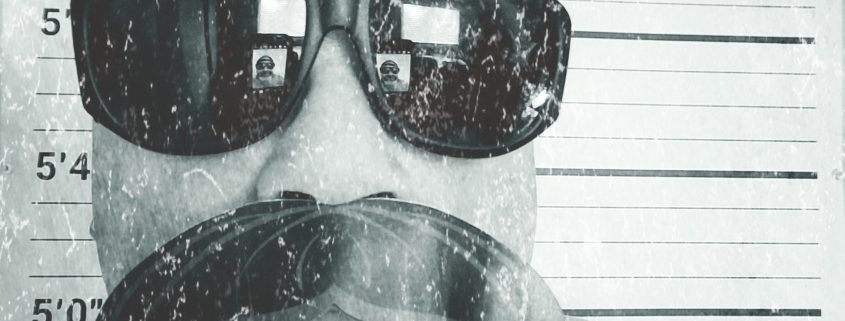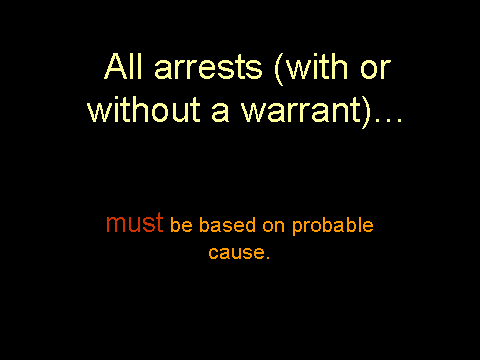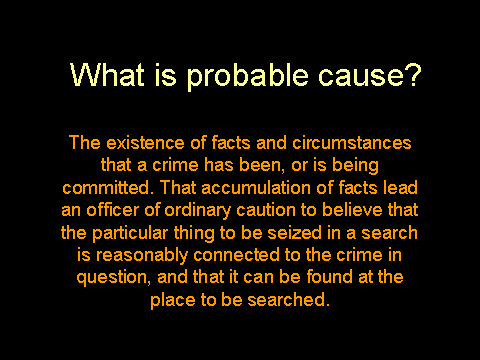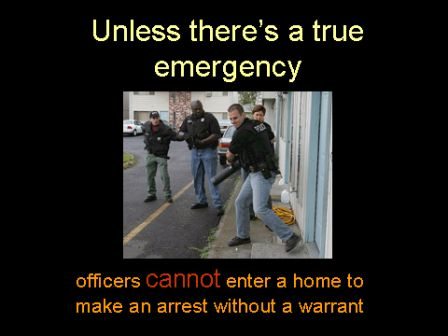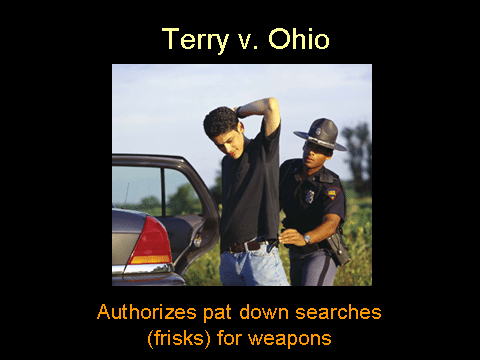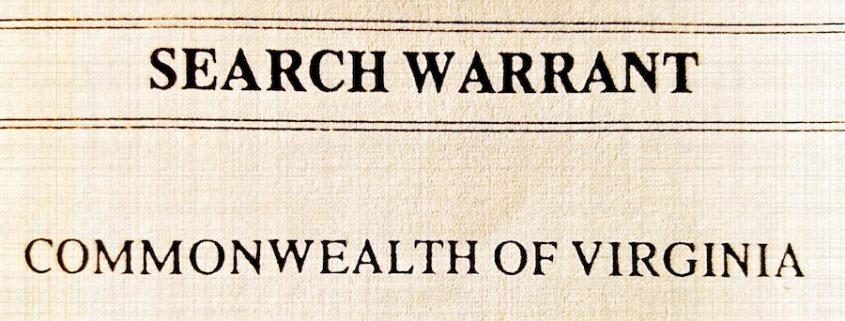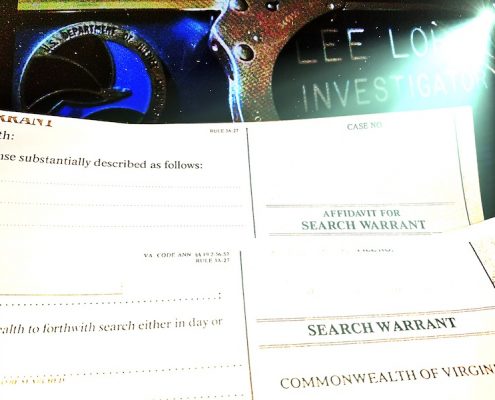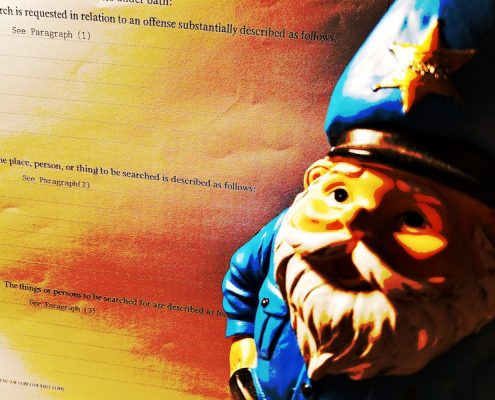Lucky Thomas got himself nabbed by a day-shift flatfoot after his latest job, a quick little “in-and-out” B&E of Linda’s Ammo Depot.
The eager copper spied Lucky climbing out of Linda’s office window with a bag of “goodies” in hand. The beat cop yelled, “Stop!” but the word merely shifted Lucky’s feet into high gear, setting the stage for an early morning foot pursuit.

The officer, with keys jingling and jangling and holster slapping and popping against his outer thigh, chased the career bandit down Pleasant Street, two blocks on Happy Lane and then eight blocks up Freedom Way before Lucky ducked into the alley between Ida Sue’s Thrift Store and Rosco’s Rib Shack.
Lucky, a former track star at the local high school, probably would have lost the chubby cop had he not slipped on a pile of yesterday’s slick-as-eel-snot collard greens and greasy ham hocks that Rosco’d left out for the pair of hungry raccoons—Rocky and Roxie—that pay nightly visits to the Shack’s overflowing maggot-laden dumpsters.
An exhausted and nervous Lucky barely had time to catch his breath when he felt the steel cuffs clamping around his wrists. The sound of the jaws ratcheting closed was all Lucky needed to hear to know that he’d been arrested, again.
But is it always that clear to people? Does an arrest always end in handcuffs?
Well …
Lucky’s lawyer, I.M. Shady, a shyster of less-than-stellar reputation among his peers, who needs not open a door to enter a room (he slithers beneath them), argued that the officer lacked probable cause to arrest his client. However, Circuit Judge Hugh Didit, quickly delivered a guilty verdict and sentenced Lucky to twelve months in the county jail.
Judge Didit, citing the officer’s perfect eyesight and that those two perfect-peepers saw Lucky climbing out of the window holding a bag of stolen goods was all the probable cause needed. “Guilty!” said the judge, in that distinct booming voice that had been known to rattle the feet and ankles of the clerks working on the floor above the courtroom. “Take him directly to jail, and do not pass … well, you know the drill. Get him outta here. Next case! Oh, and counselor, I suggest you study the meaning of probable cause before coming back in my court.”
Sitting in his cell at Sheriff P.U. Stink’s lockup, Lucky often wondered if things would’ve turned out differently had he ducked inside the restaurant or the thrift store. Could the officer have followed him inside without a warrant?
One of the jailhouse lawyers, a long-timer who charges a pair of tennis shoes, two pieces of cake, and a month of cell cleanings to write a Writ of Habeus Corpus, explained the law to Lucky, saying that, sure, during a foot pursuit if the officer sees the bad guy run inside a building she can indeed rush in after him. However …
During the discussion of “what’s legal and what’s not” it didn’t take long before a crowd of inmates stopped by to listen to the jailhouse lawyer explain the various laws and scenarios. So, enjoying the attention, the self-taught legal eagle further explained why pat-downs (frisking) are legal. He said …
In fact, the faux attorney even cited the case where it all started, Terry v. Ohio.
Lucky, after the lecture was over, climbed onto his bunk and stared at the ceiling, wondering what some guy in Ohio had to do with his getting caught two states away. He also decided that he’d never again eat a meal of ham hocks and collard greens.

